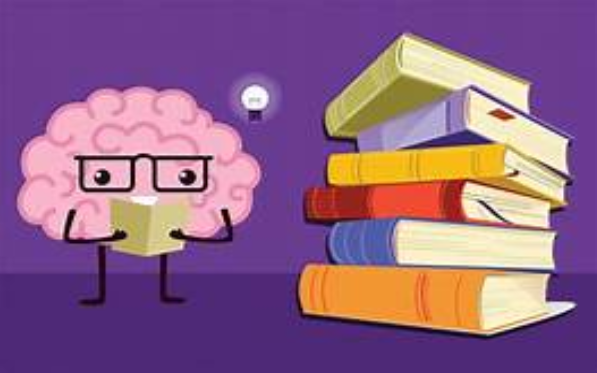The Benefits of Dancing on our own Cognitive Development
- Mikaiah Tan & Lance Pedrajas
- Jun 9, 2022
- 2 min read
Updated: Jun 12, 2022
We all know that dancing helps in our physical and emotional health. It helps in weight loss, maintaining a better body physique, induces the happy hormones like endorphins that amplifies positivity and boosts one’s self-confidence. But are you also aware that dancing can contribute to our cognitive development and performance or in simpler terms, help in making one smarter than we already are?
The answer is yes! There are various studies proving that dancing can positively affect our cognitive systems and thinking. First and foremost, according to an undergraduate student Natalie Tan who has researched about this same topic, it all starts with the brain. She stated that dancing takes tons of memorization and practice in order to learn certain dance moves and the overall flow in general. As obvious as it is, it requires the fundamental usage of the brain and the nervous system.
Another fact that we can consider is that dancing improves the understanding of the two (2) different types of thinking, convergent thinking and divergent thinking. Remember the tectonic plates you’ve learned in science? Well, they have similar definitions. According to Peter Lovatt or “Dr. Dance”, convergent thinking pertains to the usage of dissimilar pieces of information to jump into one unified conclusion. Divergent thinking, on the other hand, refers to providing numerous and separate solutions to one single problem.

Dancing can benefit one’s intelligence and creativity. Since dancing requires dancers to memorize, make, and perform steps, it encourages performers to think on the spot and quickly retain dance steps associated with the beat of the music. Intelligence is defined by the dictionary as the ability to acquire and use knowledge, which means determining what information to keep and when or how to utilize it. Dancing encourages intelligence and creativity as dancers continue to anticipate and remember complex motor movements and dancing styles in the beat of the music.
In addition, dancing may help in decreasing the chance of having illnesses such as Alzheimer’s disease and dementia which may affect the thinking and analyzing skills of a person. In fact, based on a 21-year study regarding senior citizens, those aging 75 and older, to be lead by the Albert Einstein College of Medicine in New York City, the most effective way to have sufficient protection against dementia is dancing, garnering 76% of possibility, in particular, compared to doing crossword puzzles, reading among other with percentages ranging at 47% and 35%, respectively.

REFERENCES
Use It or Lose It: Dancing Makes You Smarter, Longer.
Can dancing make you smarter?












Comments